Silambam U21
Will be updated soon.
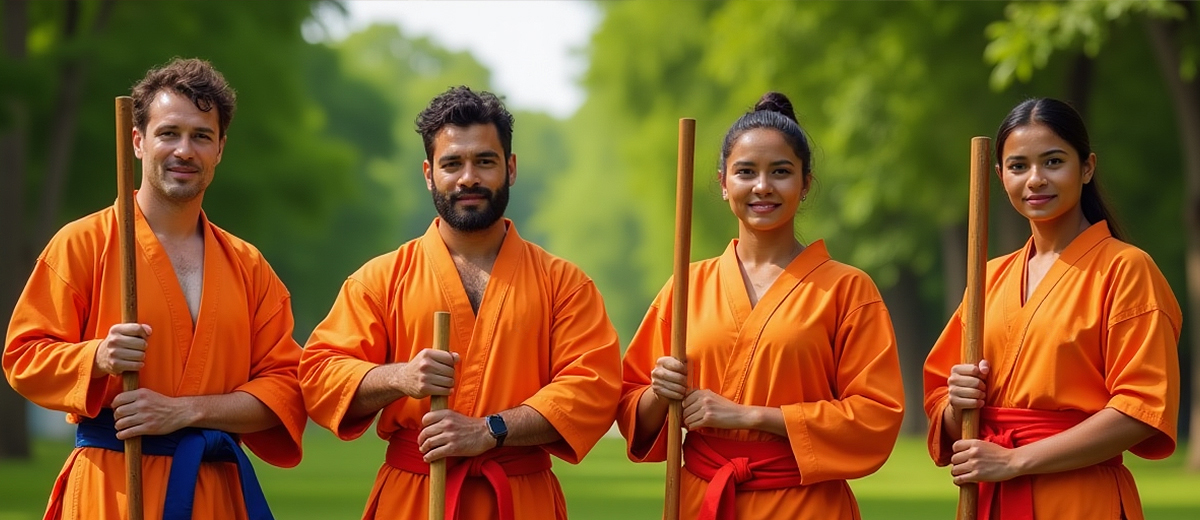
Topic: U21 Silambam
To Become Organization Member
(அங்கீகாரம் பெற்ற அமைப்பாகப் பதிவு செய்ய)
Will be updated soon.
GOVERNING BODY FOR SILAMBAM in the effort of preserving intangible Indian traditional arts, culture, sport, and education around the world.
SILAMBAM VIDEO CONTENTS:
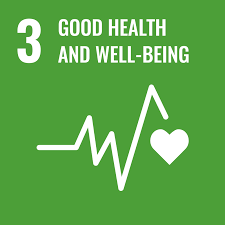
Silambam Activities:
Actions:
The World Silambam Association (WSA) promotes health and well-being by organizing educational programs, workshops, and seminars in schools and institutions, integrating Indian traditional martial arts and sports like Silambam, Kuttu Varisai, Traditional Yoga, and Varma Kalai. These activities enhance physical fitness, mental health, sportsmanship, agility, and cultural awareness, aligning with Sustainable Development Goal 3.
Results:
Through these initiatives, WSA has observed improved physical strength, increased appetite, and reduced ailments related to phlegm and wind among participants. Additionally, the programs have fostered a deeper appreciation for cultural heritage and promoted overall well-being across diverse age groups.
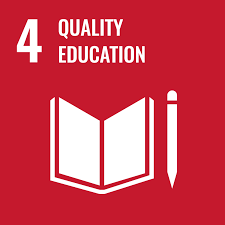
Silambam Activities:
Actions:
The World Silambam Association (WSA) promotes inclusive and quality education globally by incorporating Indian traditional martial arts and sports—such as Silambam, Kuttu Varisai, Traditional Yoga, and Varma Kalai—into educational and athletic programs. Through collaborations with schools, universities, and sports bodies worldwide, WSA organizes training, competitions, and seminars to enhance discipline, agility, endurance, teamwork, and lifelong learning.
Results:
These worldwide efforts have strengthened physical fitness, mental resilience, and sportsmanship while preserving and expanding traditional martial arts in education. By integrating Silambam into academic and sports programs at an international level, WSA has fostered inclusivity, competitiveness, and cultural appreciation, equipping individuals of all ages with vital life skills, athletic proficiency, and a shared global sporting spirit.
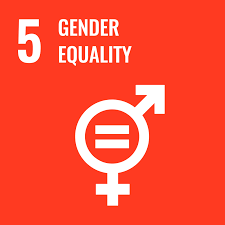
Silambam Activities:
Actions:
The World Silambam Association (WSA) champions gender equality by integrating women and girls into traditional martial arts and sports programs like Silambam, Kuttu Varisai, Traditional Yoga, and Varma Kalai. By signing the Brighton Declaration on Women and Sport, WSA commits to inclusive practices, organizing international workshops and competitions to empower female participation and leadership.
Results:
These initiatives have led to increased female involvement in martial arts, fostering physical fitness, confidence, and leadership skills among women and girls. By promoting equitable opportunities in traditional arts and sports, WSA contributes to dismantling gender stereotypes and advancing Sustainable Development Goal 5 on a global scale.
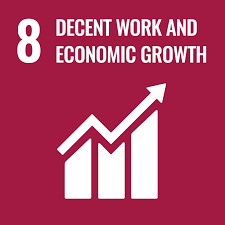
Silambam Activities:
Actions:
The World Silambam Association (WSA) promotes sustainable economic growth and employment by integrating Indian traditional martial arts—such as Silambam, Kuttu Varisai, Traditional Yoga, and Varma Kalai—into educational and recreational programs. Collaborating with international organizations, WSA provides training, research, and networking opportunities, fostering professional development and creating job prospects in arts and sports sectors.
Results:
These initiatives have led to the professionalization of traditional martial arts, generating employment opportunities and contributing to economic development. By promoting Silambam globally, WSA has enhanced cultural appreciation and provided sustainable livelihoods for practitioners and educators.
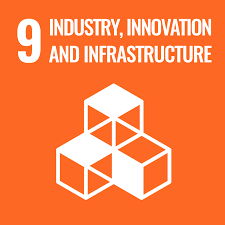
Silambam Activities:
Actions:
The World Silambam Association (WSA) advances Sustainable Development Goal 9 by developing resilient infrastructure for Indian traditional martial arts and sports. Through the 5R strategy—Research, Revive, Rejuvenate, Restore, Retention—WSA fosters innovation and sustainable industrialization, collaborating with international organizations to promote Silambam globally.
Results:
These efforts have revitalized Silambam, integrating it into educational and recreational programs worldwide. WSA's initiatives have enhanced cultural appreciation, created employment opportunities, and contributed to sustainable economic growth, aligning with international sports development goals.
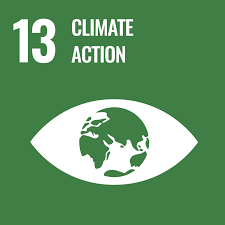
Silambam Activities:
Actions:
The World Silambam Association (WSA) addresses climate change by integrating environmental awareness into traditional martial arts and sports programs like Silambam, Kuttu Varisai, Traditional Yoga, and Varma Kalai. Collaborating with international organizations, WSA conducts educational initiatives emphasizing nature conservation and sustainable practices within the sports community.
Results:
These efforts have heightened environmental consciousness among practitioners, leading to eco-friendly practices in training and events. By promoting sustainability in martial arts, WSA contributes to combating climate change and fostering a culture of environmental responsibility in the international sports arena.
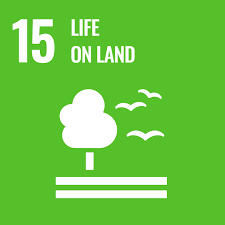
Silambam Activities:
Actions:
The World Silambam Association (WSA) promotes Sustainable Development Goal 15 by integrating environmental stewardship into traditional martial arts and sports programs like Silambam, Kuttu Varisai, Traditional Yoga, and Varma Kalai. Through the 5R strategy—Research, Revive, Rejuvenate, Restore, and Retention—WSA collaborates with international organizations to advocate for sustainable use of terrestrial ecosystems and forest conservation within the global sports community.
Results:
These initiatives have heightened environmental consciousness among practitioners, leading to active participation in ecosystem restoration and sustainable land management efforts. By embedding ecological responsibility into martial arts training, WSA contributes to combating deforestation and land degradation, fostering a culture of environmental sustainability in the international sports arena.
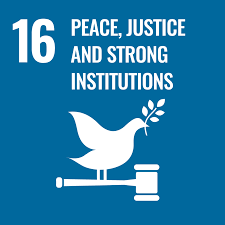
Silambam Activities:
Actions:
The World Silambam Association (WSA) promotes peaceful and inclusive societies by integrating traditional martial arts like Silambam, Kuttu Varisai, Traditional Yoga, and Varma Kalai into international sports programs. Through the 5R strategy—Research, Revive, Rejuvenate, Restore, and Retention—WSA collaborates with global organizations to foster cultural understanding and inclusivity.
Results:
These initiatives have enhanced cultural appreciation and mutual respect among diverse communities, contributing to social cohesion. By embedding principles of discipline and respect inherent in martial arts, WSA supports the development of peaceful, inclusive societies, aligning with Sustainable Development Goal 16.
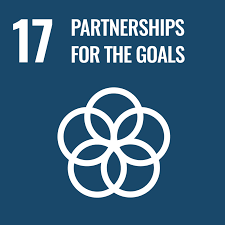
Silambam Activities:
Actions:
The World Silambam Association (WSA) advances Sustainable Development Goal 17 by forming strategic partnerships with international organizations, including the United Nations Sustainable Development Goals, United Nations Global Compact, and the Union of International Associations. These collaborations aim to preserve and promote Indian traditional martial arts and sports—such as Silambam, Kuttu Varisai, Traditional Yoga, and Varma Kalai—on a global scale.
Results:
Through these international partnerships, WSA has expanded its reach to over 25 countries across five continents, fostering cultural exchange and understanding. These efforts have enhanced the visibility and sustainability of traditional martial arts, contributing to the global promotion of cultural heritage and aligning with Sustainable Development Goal 17.
Glossary:
Topic-1
Topic-2
World Silambam Day
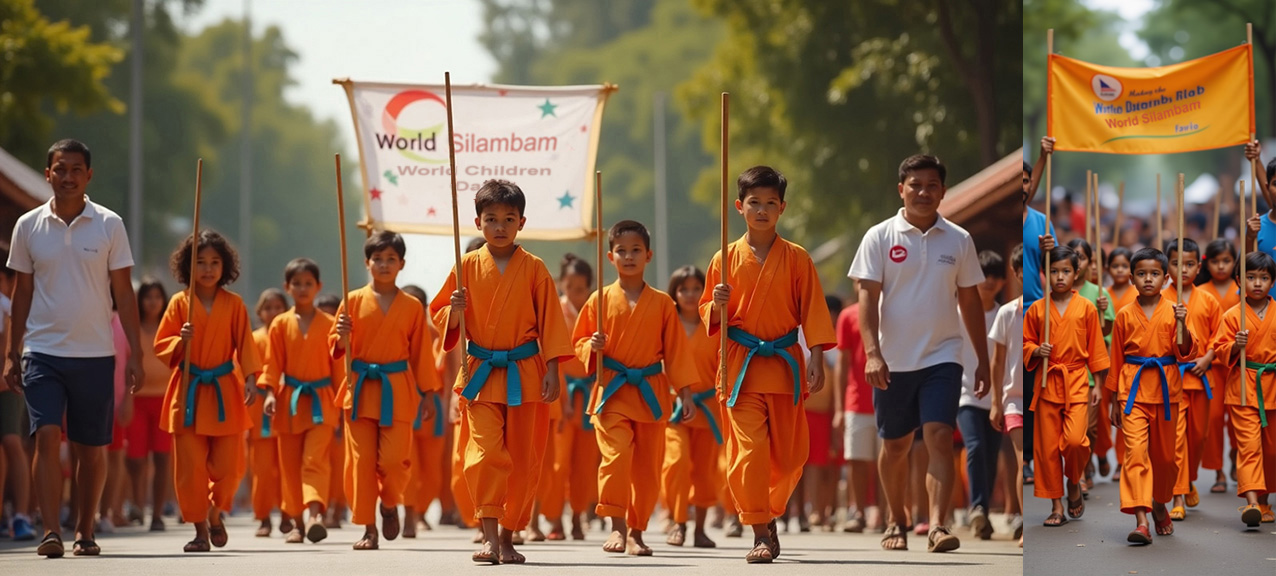
World Silambam Day is observed annually on 22 November (22.11), aligning with the Tamil month of Karthigai (கார்த்திகை மாதம்) (mid-October to end-November). This date commemorates the birth month of Lord Murugan—also known as Skanda or Kartikeya—who is revered as the progenitor of Silambam. According to tradition, Murugan imparted the art of Silambam to Sage Agastya, leading him to compile three texts on palm leaves, including the Kampu Sutra (Staff Classic), which documents advanced fighting theories in verse. This observance honors the origins and cultural significance of Silambam, promoting its heritage and Indian martial excellence.
Festival Week
The World Silambam Festival Week takes place from 18 to 24 November, providing a dedicated period for celebrations, events, and global participation. This week-long festival offers individuals and organizations a great opportunity to host workshops, competitions, demonstrations, cultural performances, and awareness campaigns, helping to spread the essence of Silambam across the world.
Join the Global Movement of Silambam Enthusiasts!
World Silambam Day is a global initiative dedicated to celebrating the ancient martial art of Silambam. Recognized for its deep cultural heritage, discipline, and physical prowess, Silambam unites practitioners, athletes, and enthusiasts worldwide. This is your opportunity to be part of a movement that fosters unity, tradition, and the empowerment of future generations through this incredible Indian martial art.
Why Participate?
✔ Be part of a global movement that elevates Silambam on the world stage.
✔ Inspire and encourage youth and children to engage in this historical martial art.
✔ Organize grand events in your region to showcase Silambam’s legacy.
✔ Gain official recognition and networking opportunities with other Silambam communities worldwide.
✔ Receive an Official Certificate of Participation to acknowledge your contribution.
Encouraging Grand Celebrations!
We urge all Silambam communities and organizations to organize large-scale events that attract more children and youth into the art. Whether it’s a Silambam workshop, demonstration, competition, cultural performance, or awareness campaign, every event contributes to strengthening the Silambam fraternity globally.
Let’s make World Silambam Day a grand celebration that inspires generations to embrace this Indian traditional martial art! Register today and be a part of history!
This status report on Silambam activities in physical health, arts, sports, culture, and education provides the first global assessment of country-level implementation of the Global Action Plan 2018-2030 by focusing on improving activity levels, strengthening international coordination, fostering development and partnerships, and reinforcing the urgency of safeguarding Indian traditional arts worldwide.